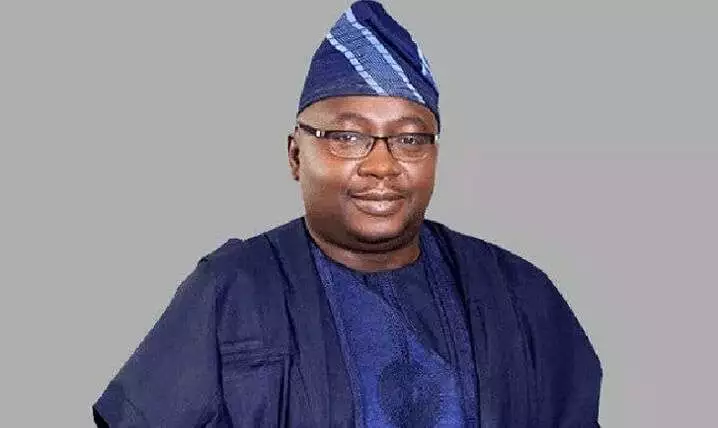Adebayo Adelabu, Minister of Power, has disclosed that the African Development Bank, AfFB, is ready to disburse the sum of $250 million into the Nigeria Electrification Project, NEP.
The move is targeted at bridging the energy access deficit by providing electricity to households, MSMEs, and educational and healthcare facilities in unserved and underserved rural communities.
Adelabusaid on his Social Media Handle on X (formerly known as Twitter), underscoring the fruitful outcome of a productive Bilateral Cooperation meeting held during the ongoing “Just Energy Transition and Agricultural Transformation for Africa” conference in Busan, South Korea.
AfDB President, Dr. Akinwumi Adesina, presided over the event and brought together key stakeholders to discuss pivotal energy and agricultural transformations for the African continent.
The Minister tweeted, “This initiative aims to establish operational capacity across the entire value chain, facilitating project prioritization. AfDB also confirmed readiness to disburse a previously approved $ 250 million fund for the Nigeria Electrification Project under the Rural Electrification Agency and extended support to Northern Nigerian states through the $ 20 billion 10,000MW Northern Africa Desert to Power fund.”
Over 600,000 people, approximately 100,000 households, 70,000 MSMEs, and eight Universities will receive new or improved access to electricity services as a result of the project.
The NEP project is expected to bring new or enhanced access to electricity services to over 600,000 people, including approximately 100,000 households, 70,000 MSMEs, and eight universities.
It will also create an enabling environment for private sector involvement, with a particular focus on advancing opportunities for women through various integrated activities such as the collection of sex-disaggregated data and gender-targeted marketing.
Meanwhile, the Energy Progress Report 2022, released by Tracking SDG 7, revealed that Nigeria has the lowest access to electricity globally, with approximately 92 million out of the country’s 200 million population lacking access to power.
Discover more from The Source
Subscribe to get the latest posts sent to your email.








